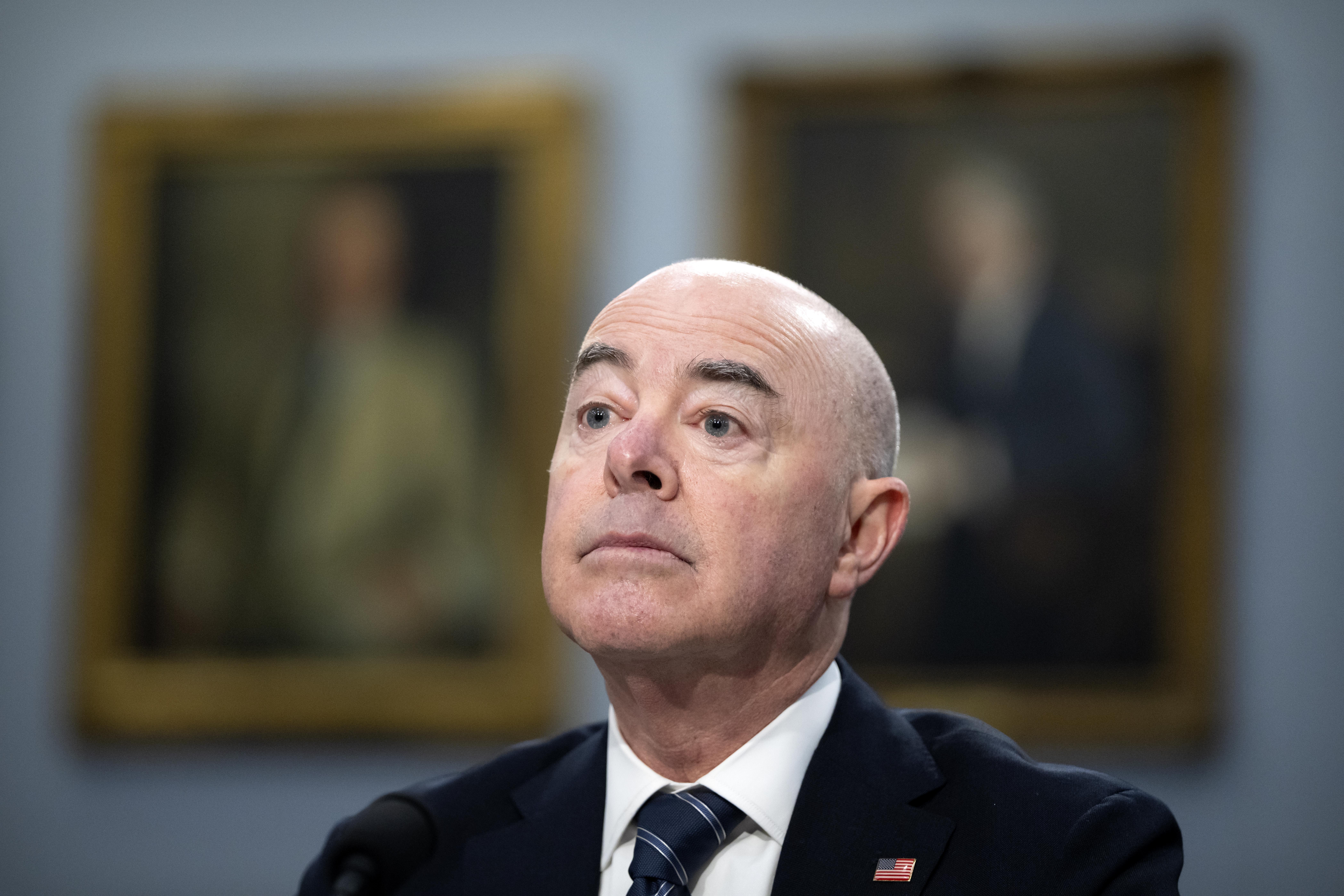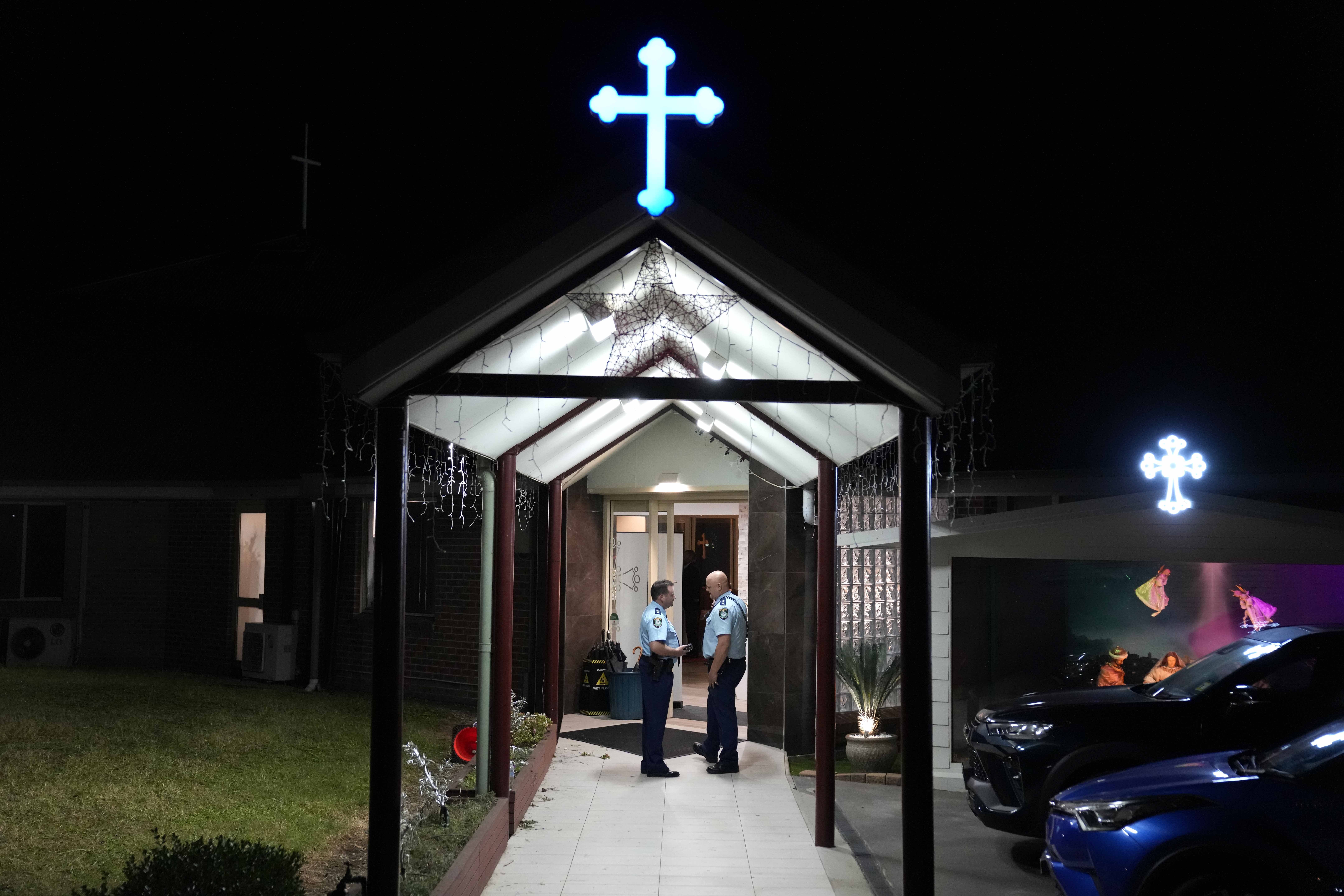Three Republicans vying for their party's nomination to challenge U.S. Sen. Elizabeth Warren criticized the Democratic incumbent Tuesday as being too far to the left even in blue state Massachusetts, while offering varying degrees of support for President Donald Trump.
Geoff Diehl, a state representative who co-chaired Trump's 2016 Massachusetts campaign, Jon Kingston, a business executive, and Beth Lindstrom, a cabinet official under former Republican Gov. Mitt Romney, met in their first three-way debate on Boston Herald Radio. The winner of the Sept. 4 primary will face Warren, who is seeking her second term in the Senate and is among a number of Democrats drawing speculation about a possible 2020 presidential bid.
Independent candidate Shiva Ayyadurai is also headed for the November ballot.
Warren is a favorite target of Trump, who frequently and derisively refers to her as "Pocahontas" to ridicule her claims of Native American heritage. Warren, who has been equally harsh in her criticism of Trump, has said she's focused on winning re-election this year.
There was no mention of Warren's ancestry during the one-hour GOP debate, but plenty of jabs at the senator's policy stances. Diehl called her one of Washington's "most divisive voices," while Kingston labeled Warren "extremist."
While Trump easily won the Massachusetts GOP primary in 2016, he won only 32 percent of the general election vote and polls suggest he is deeply unpopular in a state where fewer than 12 percent of voters are registered Republicans.
That poses a challenge to GOP candidates hoping to appeal to the party base in a primary while also positioning their campaigns as moderate enough to woo independents in the November election.
U.S. & World
For his part, Diehl remains solidly behind Trump, arguing that his political connections to the president would help give Massachusetts a "seat at the table" in Washington.
Lindstrom disagreed, calling Diehl a "blind loyalist" to Trump who could not be elected in a state like Massachusetts.
"You need to vote for someone in Massachusetts who can reach across the aisle and who independents can vote for," she said.
Still, Lindstrom joined Diehl in vowing to support Trump if he is the Republican presidential nominee in 2020. Only Kingston hedged on that question, saying it was too early to make such a judgment.
The candidates were largely in concurrence on many issues. All expressed support for Brett Kavanaugh, Trump's nominee for a vacancy on the U.S. Supreme Court -- adding they would not make abortion a "litmus test" for the nominee. And all agreed -- at least to some extent -- with Trump's demand for a wall along the Mexican border.
They differed, however, on the ongoing Russia investigation, with Diehl borrowing Trump's characterization of the probe as a "witch hunt," while Lindstrom said the inquiry by special counsel Robert Mueller should be allowed to run its course.
Asked about the criticism of Trump's statements following his recent meeting in Helsinki with Russian leader Vladimir Putin, Diehl used the question to strike out at the Democratic senator.
"You know, Russia is not the old Soviet Union, so to me the bigger threat is Elizabeth Warren," he said. "She seems to be the new Communist regime here in the United States with the progressive movement to make government so big, whether it's by taking over health care or free education."
Diehl's suggestion that Warren posed a bigger danger than Russia drew a sharp rebuke from Kingston.
"I think we have to be careful about the false equivalence of our domestic disagreements with someone like Elizabeth Warren and actually acting like they are worse than a foreign adversary," Kingston said.
Diehl responded that his comparison was "facetious," acknowledging that Russia posed a serious threat and that Trump's summit performance was not the president's "greatest moment."



